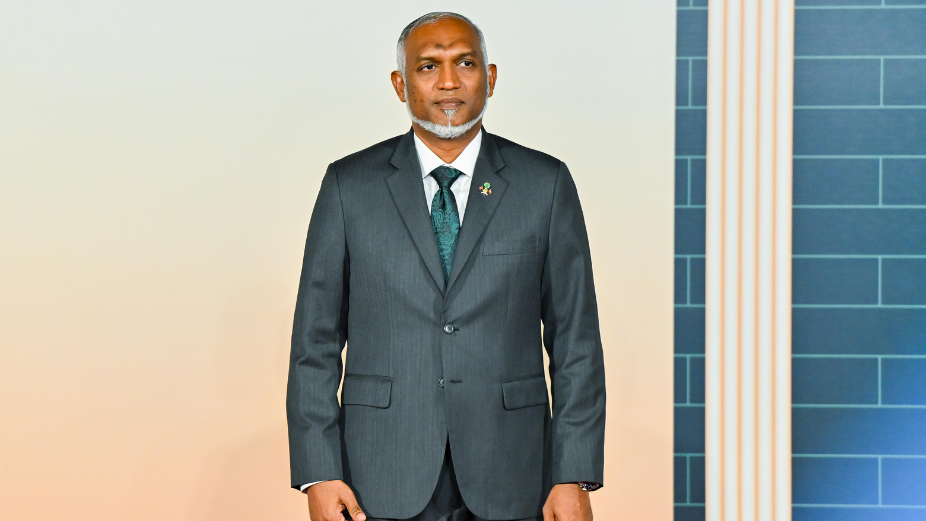
In a move that has raised alarms about the erosion of democratic norms, President Mohamed Muizzu has ratified amendments to the laws governing the Anti-Corruption Commission (ACC) and the Elections Commission (EC), granting the executive branch the authority to appoint the president and vice-president of these key institutions. This shift from internal selection by commission members to direct presidential appointments has sparked concerns about the potential for increased governmental influence over bodies that are intended to operate independently.
Concentration of Power is a Threat to Democracy
The consolidation of executive power over independent institutions is a hallmark of democratic backsliding. When the executive branch extends its control over bodies designed to function autonomously, it undermines the system of checks and balances that is fundamental to a healthy democracy. This centralisation of authority can lead to the erosion of institutional integrity, as decisions may become more susceptible to political interference.
Lessons from Other Nations
Historical and contemporary examples illustrate the dangers of such power consolidation. In Hungary, Prime Minister Viktor Orbán’s administration has systematically weakened independent institutions, leading to significant democratic decline. Similarly, in Türkiye, President Recep Tayyip Erdoğan’s consolidation of power has resulted in diminished judicial independence and media freedom. These cases demonstrate that when executive authority encroaches upon independent bodies, it can lead to the deterioration of democratic governance.
Economic Implications of Undermining Independent Institutions
The impact of eroding institutional independence extends beyond political ramifications; it also affects economic stability. Independent institutions, such as anti-corruption bodies and electoral commissions, play a crucial role in maintaining transparency and accountability. When these institutions are compromised, it can lead to increased corruption and reduced investor confidence. Studies have shown that countries with strong, independent institutions tend to experience more robust economic growth, as they provide a stable environment that fosters investment and development.
The Maldives at a Crossroads
The recent legislative changes in the Maldives, passed with 69 votes in favour and 10 against, have been met with opposition from the Maldivian Democratic Party (MDP), which argues that these amendments undermine the autonomy of key institutions. The government’s assertion that the changes will enhance efficiency is overshadowed by the broader implications for democratic integrity and economic health.
As the Maldives navigates this critical juncture, it is imperative to recognise that the concentration of executive power poses significant risks. Upholding the independence of institutions like the ACC and EC is essential not only for preserving democratic norms but also for ensuring economic stability and growth. The path chosen now will have lasting consequences for the nation’s democratic fabric and economic future.












